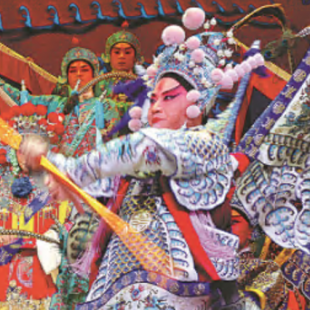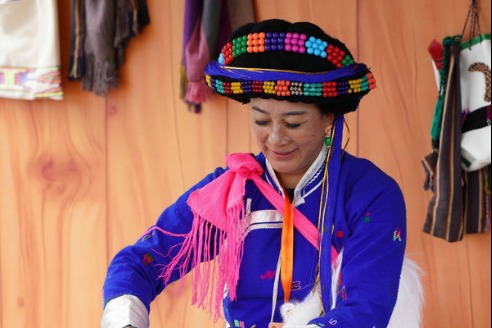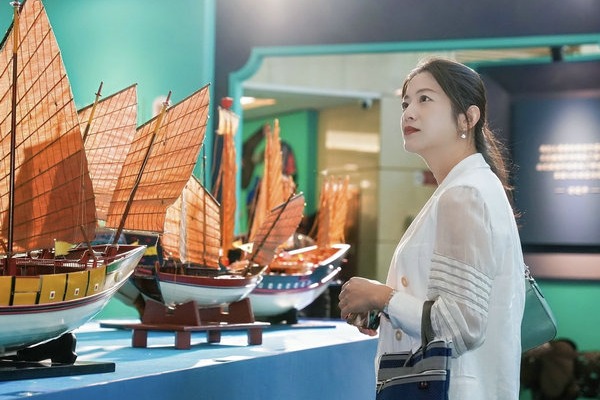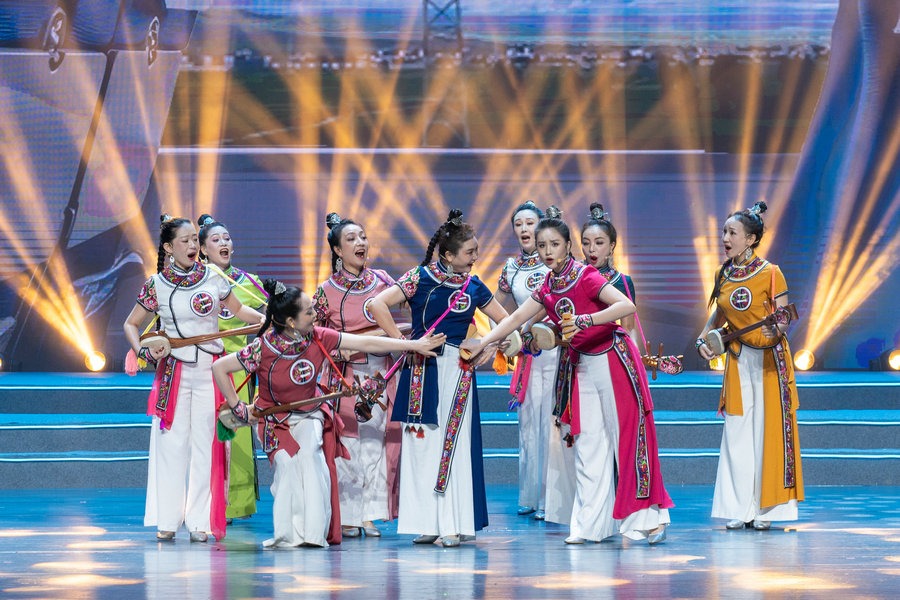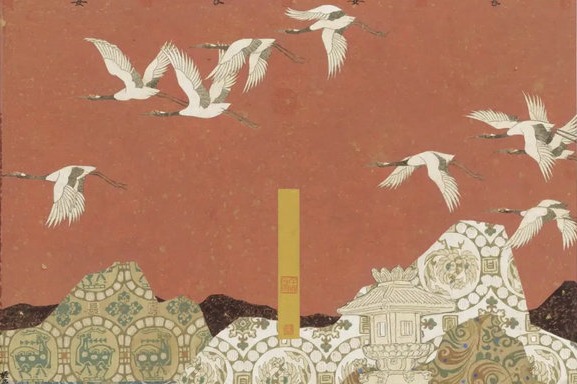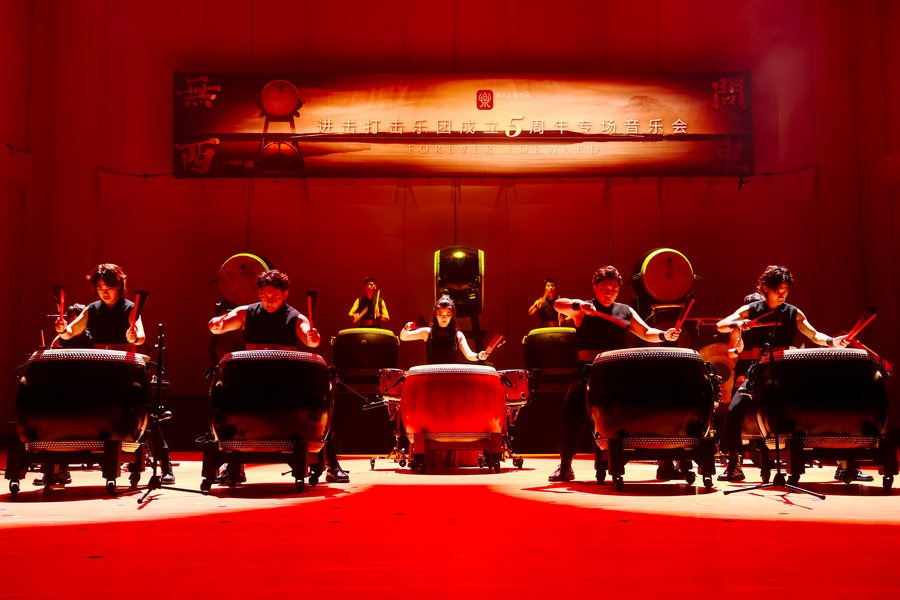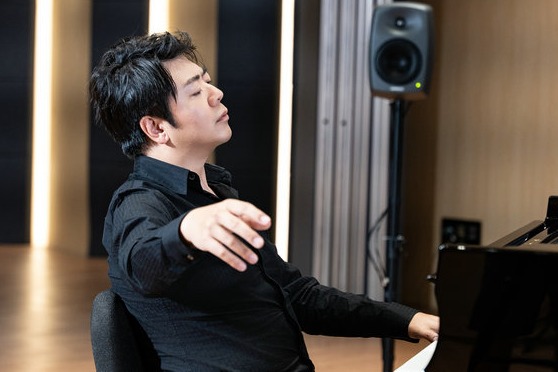Opera gala celebrates tradition and cultural diversity

An evening gala of classical Chinese opera was aired on State broadcaster China Central Television on Sunday, in celebration of the New Year and promoting the richness of Chinese culture and the anticipation of national progress for the year ahead.
A diverse program was broadcast upholding the long-standing tradition of performing operas nationwide as an important part of celebrations at ceremonies and festivals, especially grand occasions such as New Year and Spring Festival.
Chinese opera, as a mosaic of music, dancing, acrobatic stunts and costume art, exemplifies the depth and diversity of Chinese arts.
It is sung in different local dialects, and has been integrated with folk art and cultures that vary from region to region. In the past, it appealed to both the ruling class and those at the grassroots.
Leading opera artists from across the country gathered in Beijing to stage dozens of performances at the gala.
The gala opened with the tale of Mu Guiying, a story revisited many times by folk arts about how a girl became a general to protect her people from invaders during the Northern Song Dynasty (960-1127).
The performance was sung in the styles of Peking Opera, Hebei Bangzi (wood clapper), popular in Hebei province, and Yuju Opera, originating in Henan province.
The gala not only featured well-known operatic genres such as Peking Opera, but also promoted those of minor popularity, which entertain people living in underdeveloped regions, such as Pingxian Opera in Qinghai province and Caidiao Opera from the Guangxi Zhuang autonomous region, which both evolved from folk singing and dancing.
Performers reenacted the folk tales around historic figures that are regularly staged across the country. This included a piece from The Legend of White Snake, a Cantonese opera film released in 2021 that created a stir for giving the genre and the well-known plot an innovative look.
Newly created pieces were also staged to hail luminaries who have contributed to the country and its people over the past century, for example Fan Jinshi, the preeminent archaeologist devoted to the preservation of Dunhuang grottoes in Gansu province.


